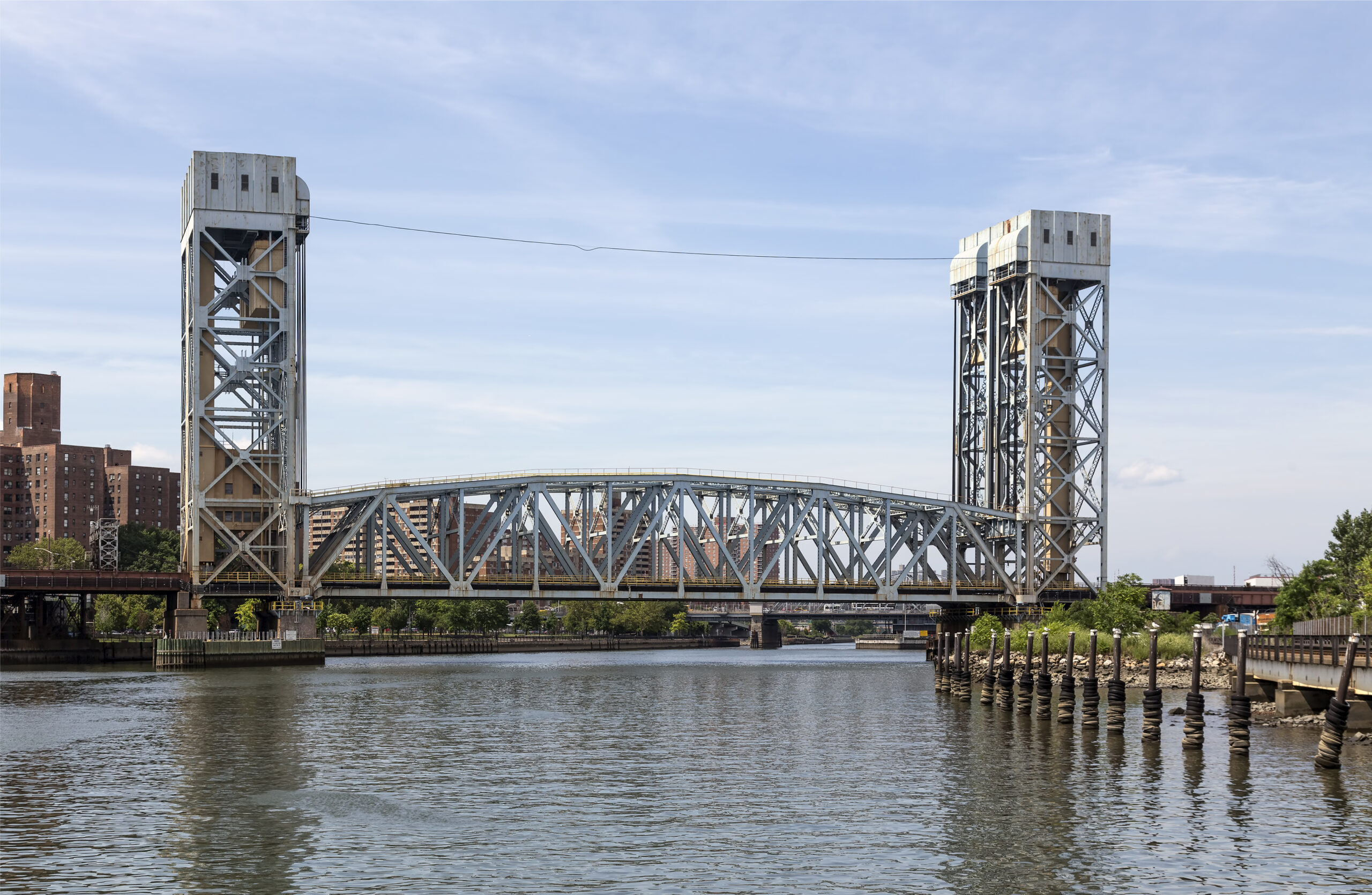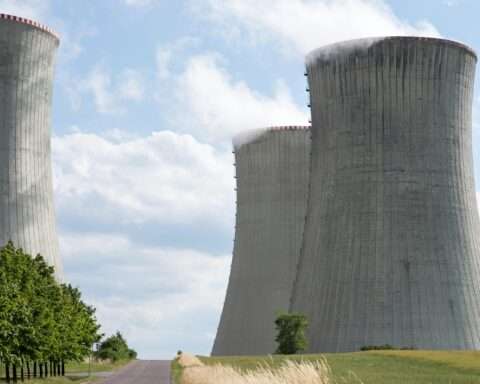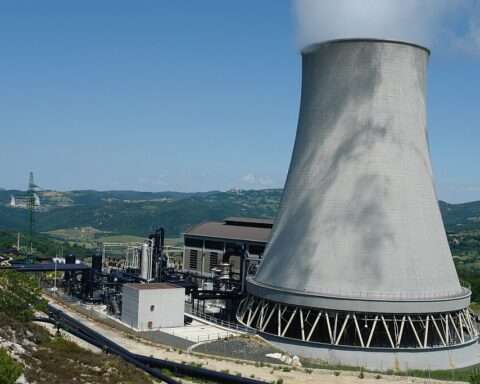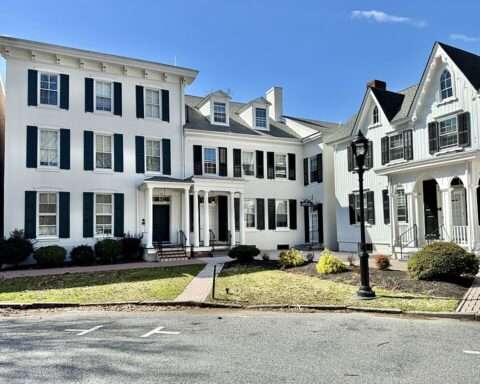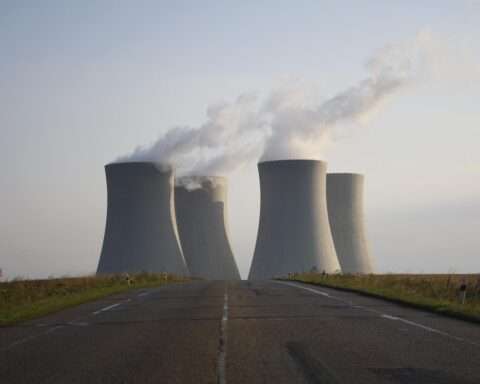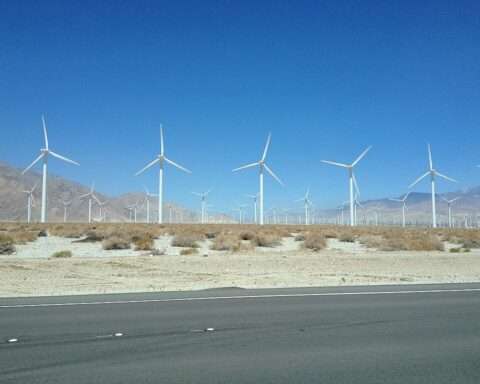New York state is ramping up its efforts to create strong and sustainable infrastructure to protect its communities, citing the destruction caused by natural disasters like Hurricanes Helene and Milton as a reason to take immediate action.
To support green infrastructure across the state, $60 million in Green Resiliency Grant funding is being made available for projects that will combat the effects of climate change, with a focus on flood-prone and disadvantaged communities.
RELATED: New York approves $265 million in water infrastructure improvements
The goal of the GRG program, supported through the Clean Water, Clean Air, and Green Jobs Environmental Bond Act, is to protect New Yorkers from extreme weather and ensure equitable access to clean water resources.
Almost half of the funding, $27 million, is being granted for resiliency projects in New York City. One of those includes a project to revitalize the Tibbetts Brook, which was once dammed and buried to create a mill pond. The project would unearth and reroute the Tibbetts Brook to restore the waterway to its natural state.
The project would also reduce sewer overflows into the Harlem River by over 200 million gallons annually.
In addition, the project also calls for the creation of a new rail-to-trail park area that extends the Putnam Greenway and improves access to Van Cortlandt Park, connecting to the Empire State Trail.
Other projects receiving funding include:
- New York City Department of Parks and Recreation: $10 million for the Harlem Meer Stormwater Resilience Project, which will transform Central Park’s northern waterbodies into a multiple pond system for stormwater management, reducing the risk of flooding in Central Harlem and East Harlem.
- New York City Housing Authority: $6.85 million for the Jefferson Houses Cloudburst Project to manage, store and filter stormwater runoff at a public housing development in East Harlem. The project will install a subsurface retention system, porous concrete pavers and two synthetic turf fields to reduce the urban heat island effect while providing residents access to an outdoor recreation space.
- Buffalo Sewer Authority: $8.75 million for the Rain Check 2.0 Park Projects to implement stormwater tree trenches, rain gardens, underground stormwater storage systems and porous pavement in five parks. The project will reduce stormwater runoff by 100,000 cubic feet annually, reduce combined sewer overflows during extreme weather events, address urban heat island effects, improve air quality and enhance recreational opportunities.
To see all of the projects receiving grants, click here.
Photo courtesy Acroterion



